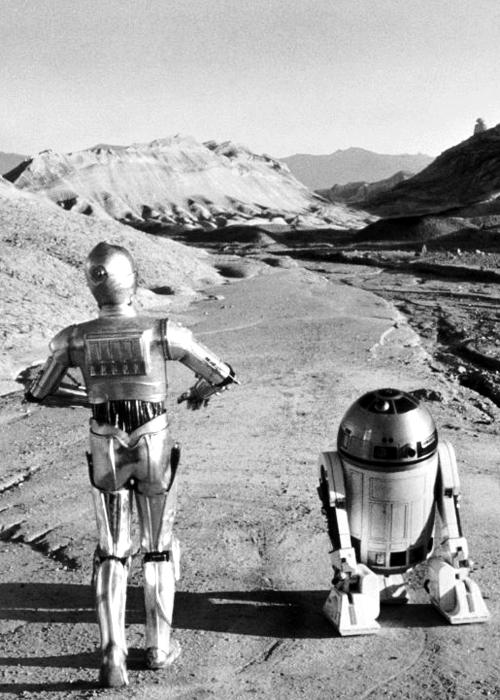Creating free-range, dexterous robots that can master simple chores–making a bed, hanging a picture–is in a different league of difficulty than turning out stationary machines that work an assembly line. It will happen someday, but the hotel maid and the handyman may persevere a while longer.
That leads Guardian Economics Editor Larry Elliott to argue the next wave of automation will largely leave alone low-paid workers in the service sector but will instead do damage to the professional class of middle managers and bosses.
Maybe, but both could be hurt simultaneously. There are plenty of service positions likely to soon fall into robot hands: front-desk clerks, bellhops, security guards, etc. Not every blue- or white-collar job needs to vanish for society to teeter and, perhaps, collapse. Just enough foundational pieces have to be removed.
From Elliott:
Advances in artificial intelligence (AI) mean a second wave of change is approaching – and this time the jobs at risk from the machines are going to be jobs in the service sector.
As Dhaval Joshi, economist at BCA Research, has noted, it is not going to be the low-paid jobs in the service sector such as cleaning, gardening, carers, bar staff or cooks, whose jobs are most at risk. That’s because machines find it hard to replicate the movements of humans in everyday tasks.
“The hard problems that are easy for AI are those that require the application of complex algorithms and pattern recognition to large quantities of data – such as beating a grandmaster at chess”, says Joshi. “Or a job such as calculating a credit score or insurance premium, translating a report from English to Mandarin Chinese, or managing a stock portfolio.”
Seen in this light, the looming threat is obvious. The first army of machines wiped out well-paid jobs in manufacturing; the second army is about to wipe out well-paid jobs in the service sector. In many cases, the people who will be surplus to requirements will have spent many years in school and university building up their skills.•
Tags: Dhaval Joshi, Larry Elliott

